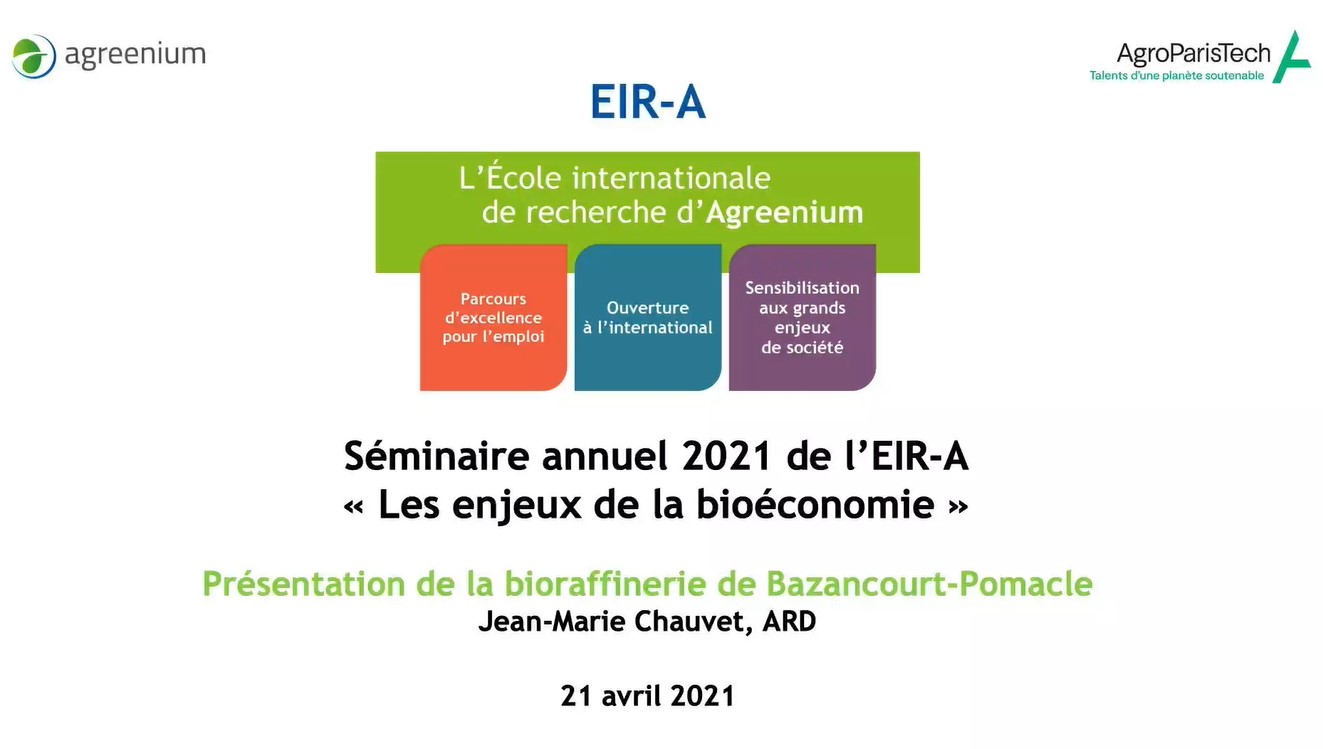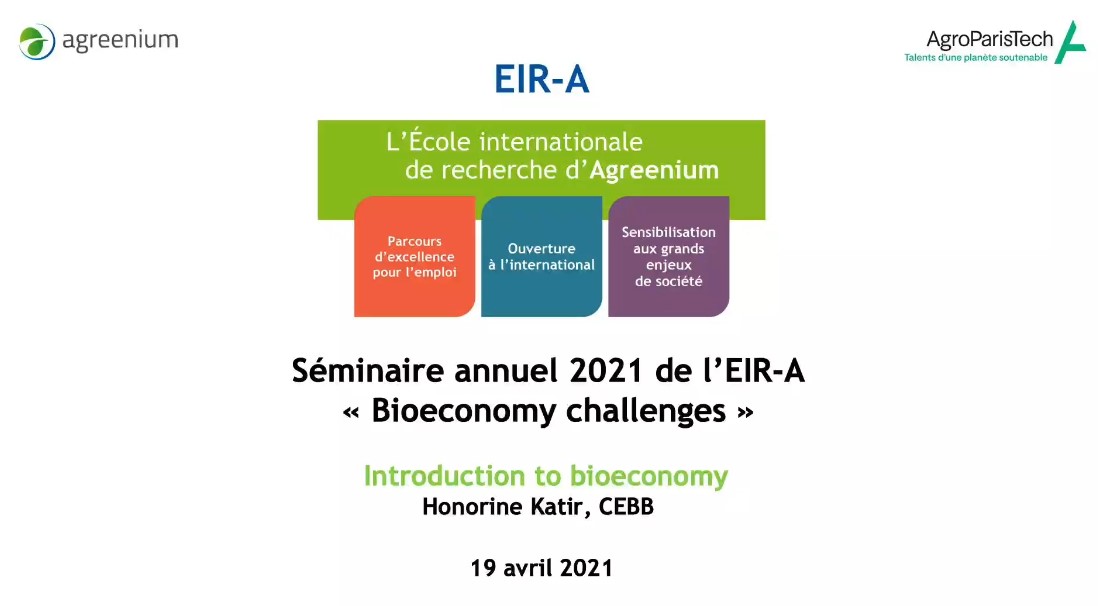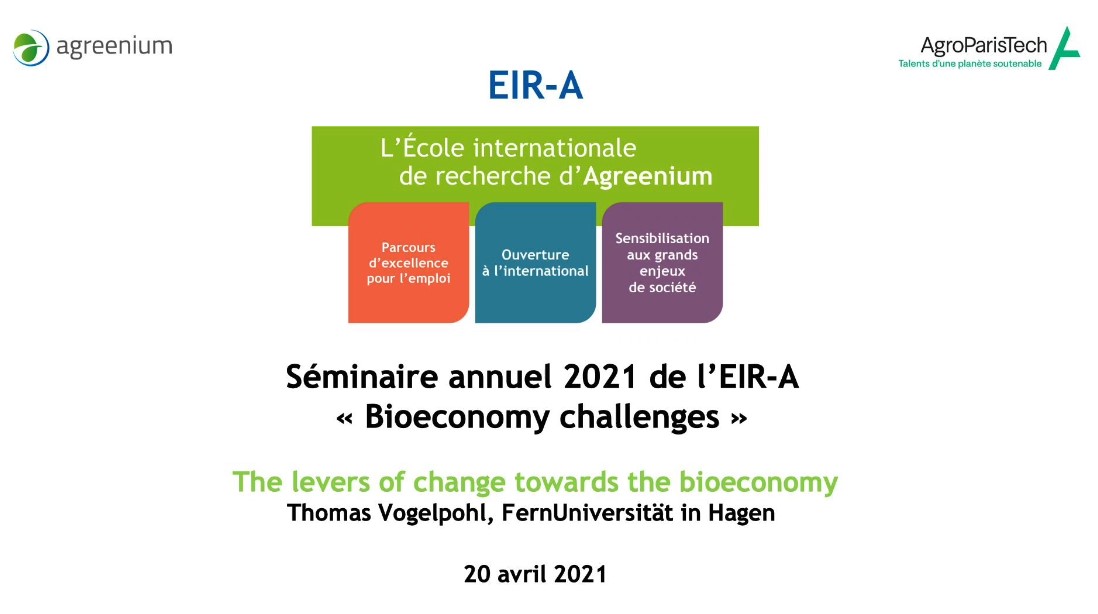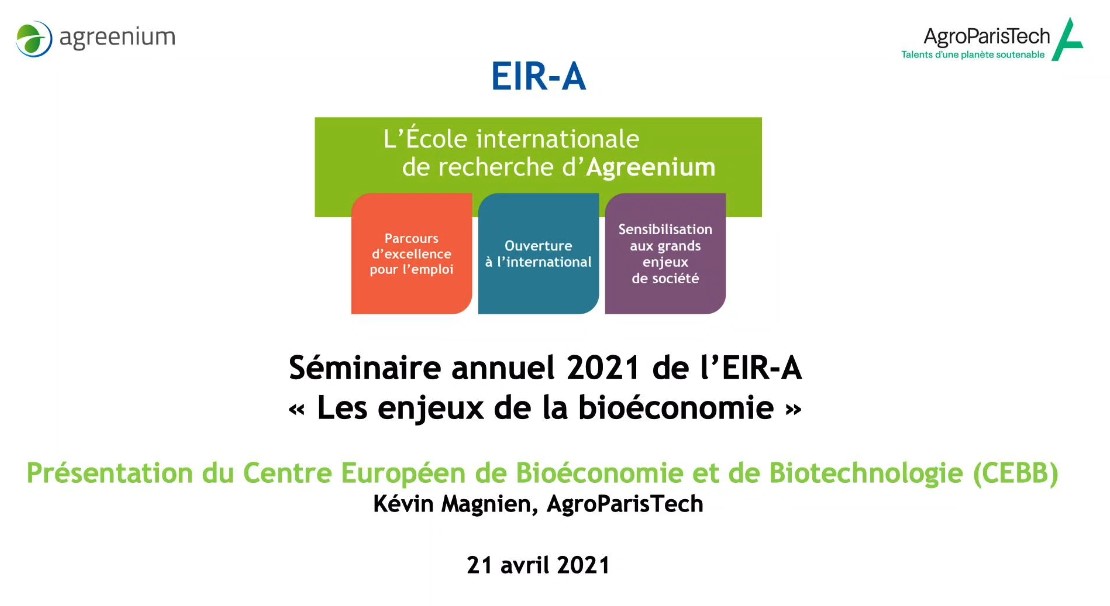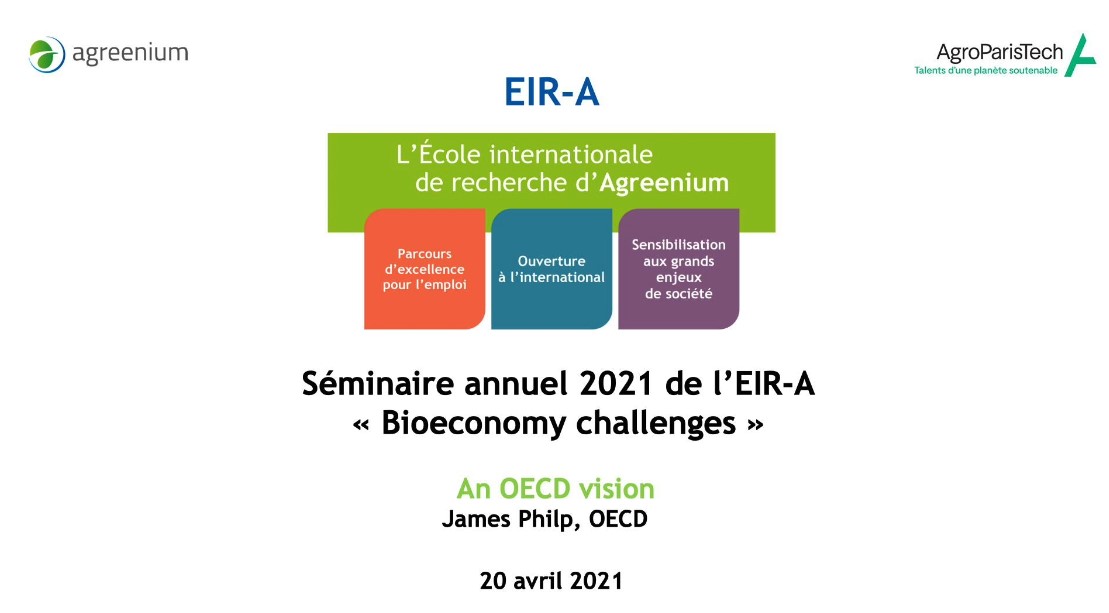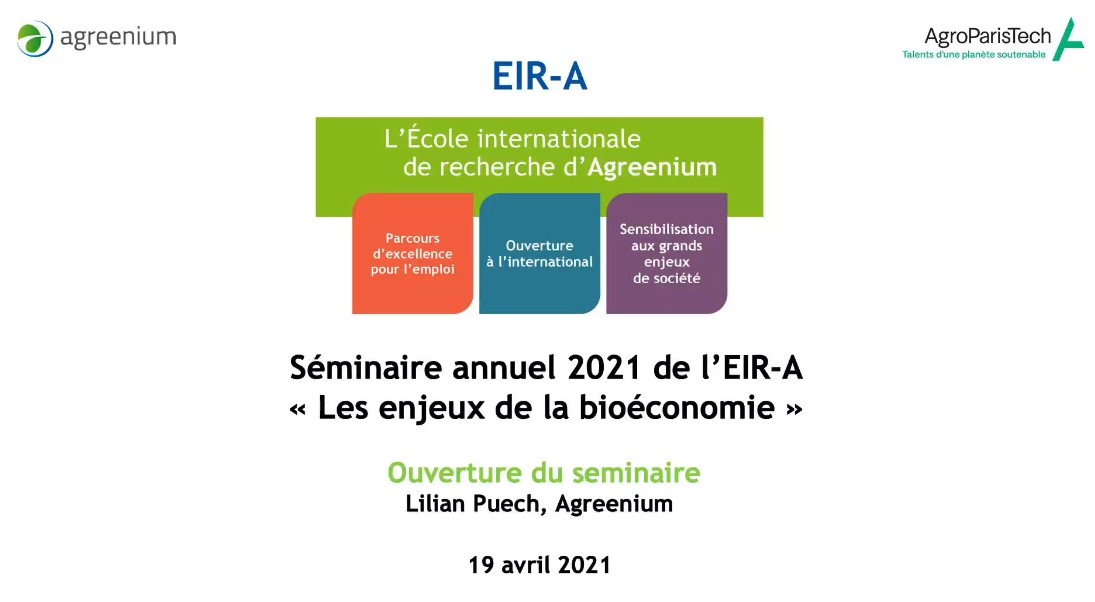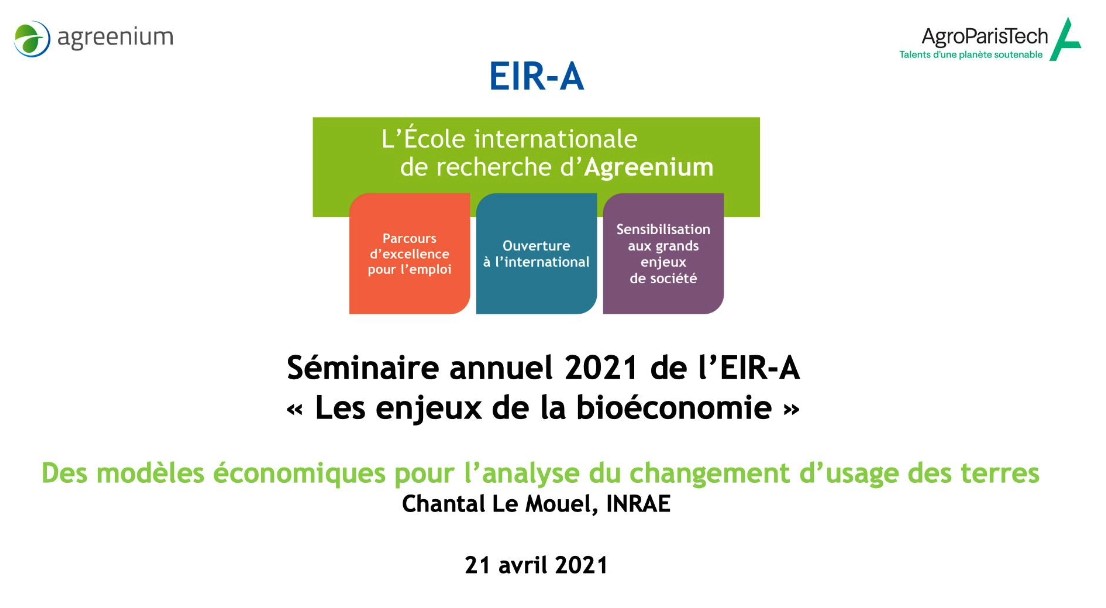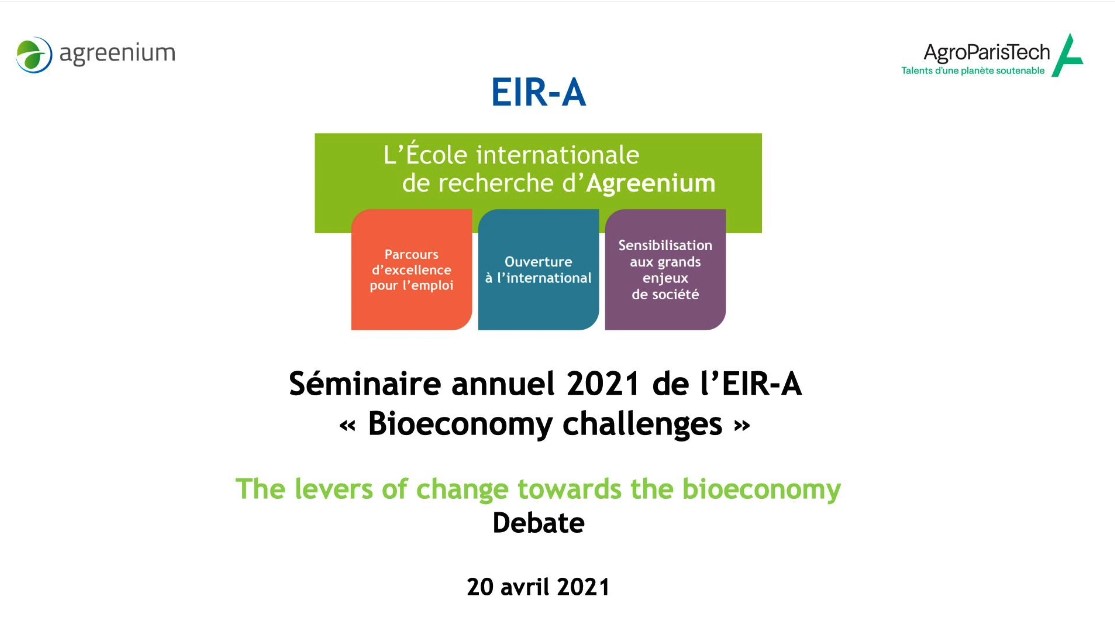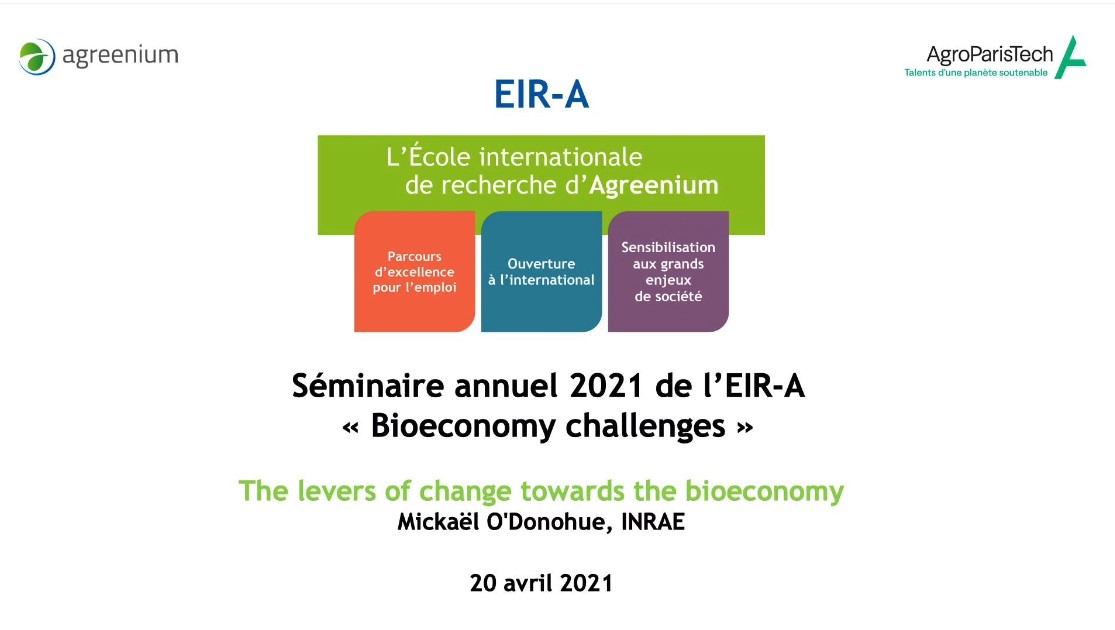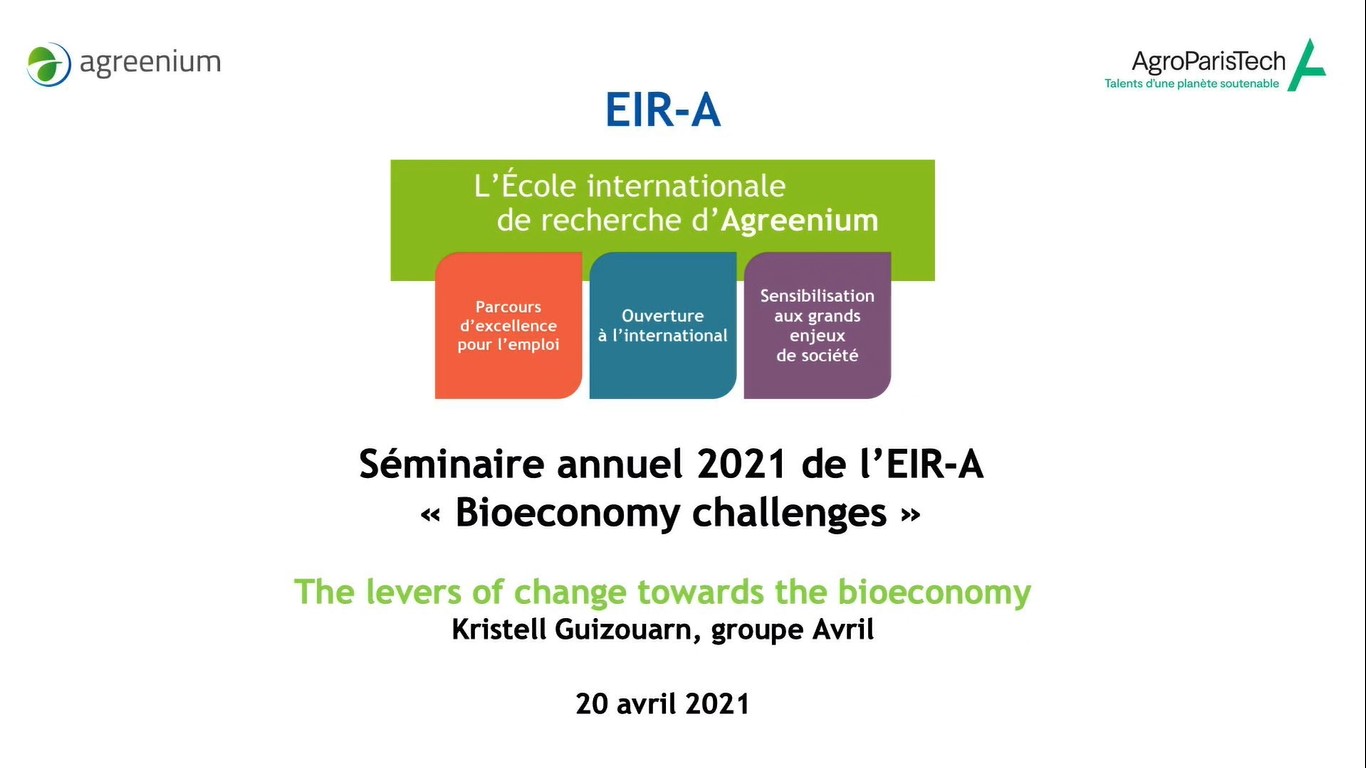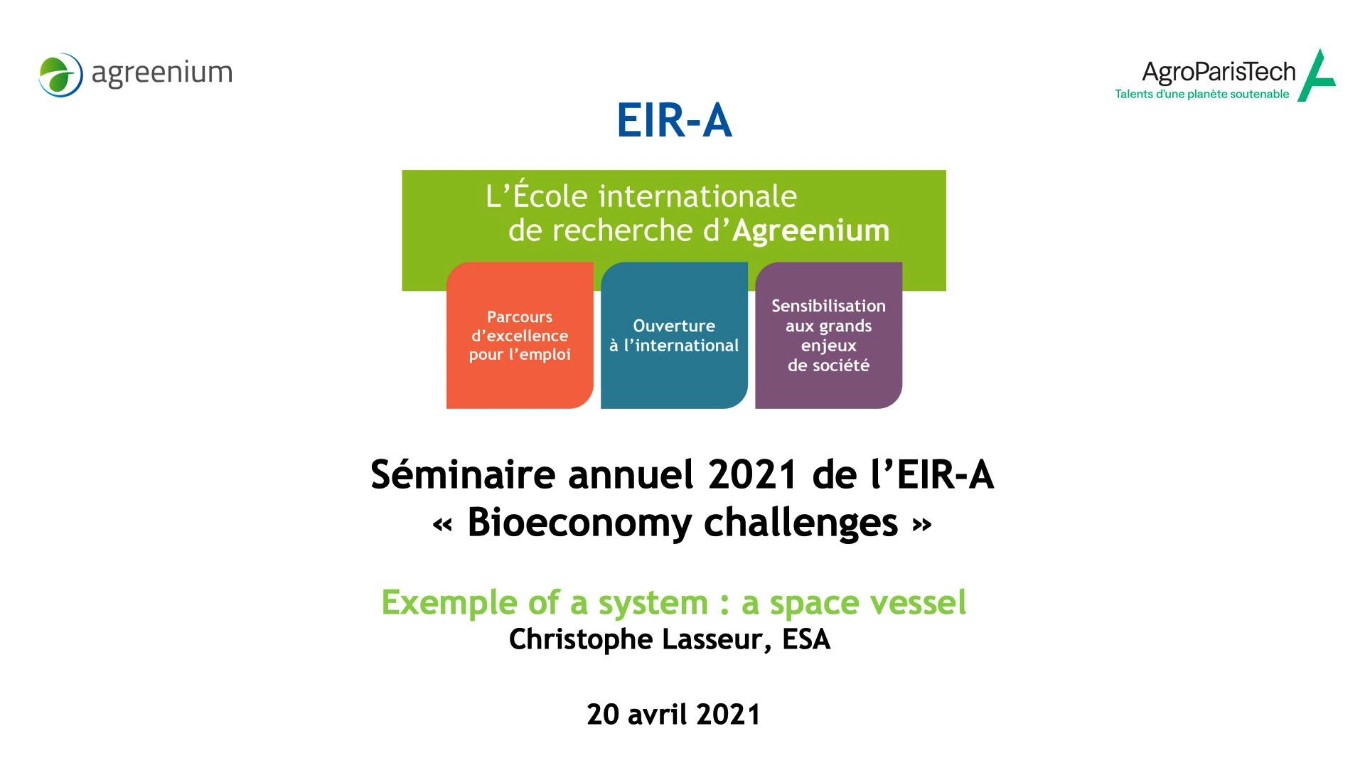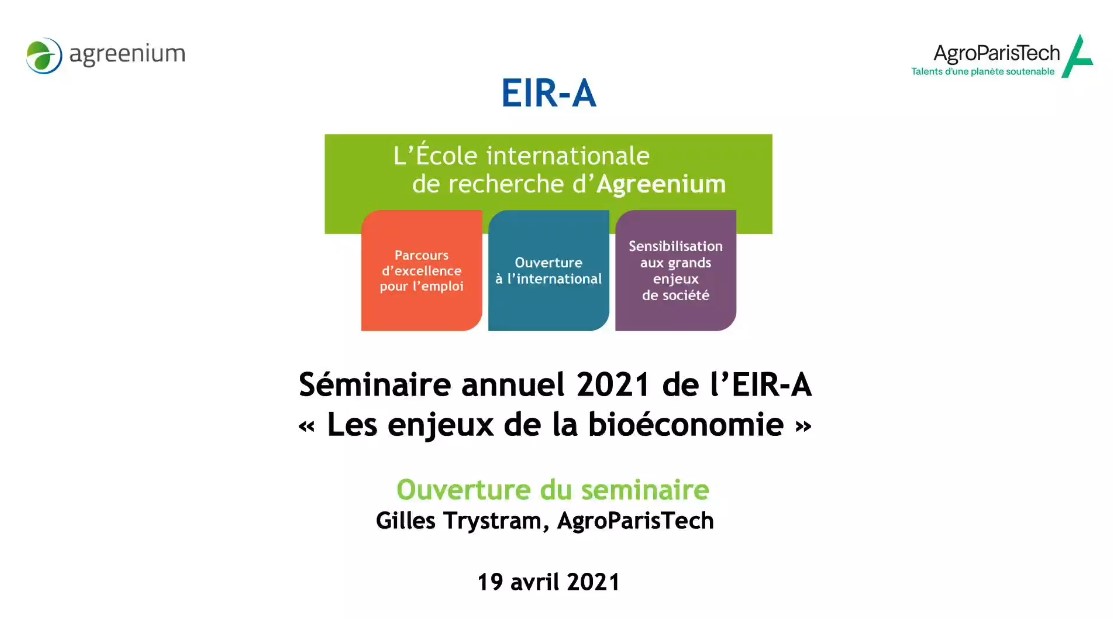Notice
Territorial issues and challenges (Fabio Fava, University of Bologna)
- document 1 document 2 document 3
- niveau 1 niveau 2 niveau 3
- Dossier
Descriptif
Bioeconomy is one of the core and enabling pillar of Italian economy. With EUR 330 billion of annual turnover and 2 Million of employees, it is the third Bioeconomy in Europe; the country is often second in terms of presence in the R&I projects funded by Horizon 2020 Societal Challenges 2 and BBI JU and the first one in terms of quality products in the food and bio-based product domains.
Bioeconomy is also contributing to the reduction of the Country dependence from fossil fuels and finite materials and the biodiversity loss and land use change; further, it is contributing to the environmental regeneration and the creation of new economic growth and jobs in the rural, coastal and abandoned industrial areas, leveraging on local specificities and traditions.
To further exploit the whole Bioeconomy potential of the Country, the Italian Government promoted the set up of a national Bioeconomy Strategy in 2017 (BIT) and, more recently, its update (BIT II). The objective was to interconnect more efficiently the main pillars composing the national Bioeconomy, namely the production of renewable biological resources and their conversion into valuable food, feed, bio-basedproducts and bio-energy, along with the transformation and valorization ofbio-waste streams. Furthermore, BIT II aims at improving the coordination of Ministries and the 21 national Regions for the alignment of policies, regulations, R&I funding programmes and investments in infrastructures. Theoverall goal is a 15% increase of the current turnover and jobs of the Italian Bioeconomy by 2030 by implementing priority actions and an R&I agenda,which are accompanied by measures creating and guaranteeing the frameworkconditions. Due to the strategic geo-political role of Italy in the Mediterranean basin, BIT II also includes actions to improve sustainable productivity, social cohesion and greater political stability throughout the implementation of Bioeconomy in the area.
Intervention / Responsable scientifique
Dans la même collection
-
Présentation de la bioraffinerie de Bazancourt-Pomacle (Jean-Marie Chauvet)
ChauvetJean-MarieLa bioraffinerie de Bazancourt-Pomacle située dans la proximité de Reims est le fruit d’une longue histoire initiée dans les années 50. Au départ des agriculteurs qui se regroupent pour transformer
-
Introduction à la bioeconomie (Honorine Katir, CEBB)
Lescieux KatirHonorineDurant les prochaines décennies, le monde sera le théâtre d'une compétition accrue pour des ressources limitées et finies. La population mondiale croissante aura besoin d'une chaine d
-
The levers of change towards the bioeconomy (Thomas Vogelpohl, FernUniversität in Hagen)
Eventhough the concept of the bioeconomy has risen to great popularity lately, itis still highly contentious what the bioeconomy actually is or should be.European bioeconomy policy is very reflective
-
Présentation du Centre Européen de Bioéconomie et de Biotechnologie (Kévin Magnien, AgroParistech)
À la fois vitrine technologique et centre de recherche pluridisciplinaire dédié aux biotechnologies, aux biomatériaux et à la chimie verte, le Centre Européen de Biotechnologie et de Bioéconomie(CEBB)
-
An OECD vision (James Philp, OECD)
Since the publication of the OECD book ‘The Bioeconomy to 2030: Designing a Policy Agenda’ in 2009, the global view of the bioeconomy has changed greatly. That book concentrated on biotechnologies and
-
Ouverture du séminaire EIR-A 2021 (Lilian Puech, Agreenium)
Lilian Puech présente le parcours de l’école internationale de recherche d’Agreenium, EIR-A, qui comprend la participation à deux séminaires de formation doctorale sur de grands enjeux
-
Des modèles économiques pour l’analyse du changement d’usage des terres (Chantal Le Mouel, INRAE)
Le MouëlChantalLa présentation développe trois points. Elle explique d'abord pourquoi le changement d'affectation des terres est au cœur des enjeux alimentaires, climatiques et de la biodiversité, et pourquoi la
-
The levers of change towards the bioeconomy (debate)
En croisant avec les mots-clés santé / bien-être, ou avec les mots-clés biomasse / agriculture, les réalités de la bioéconomie sont différentes. L’intervenant de l’Unesco ne désespère pas qu’un
-
The levers of change towards the bioeconomy (Mickaël O'Donohue, INRAE)
O'DonohueMichaelBuilding the bioeconomy involves devising newtechnology solutions for the manufacture of a wide range of products and theproduction of services. In this regard, biotechnology is a technological
-
The levers of change towards the bioeconomy (Kristell Guizouarn, groupe Avril)
La bioéconomie joue déjà un rôle essentiel dans l'économie européenne, puisqu'elle emploie 18 millions de personnes, soit 9 %de la main-d'œuvre européenne. Et si un cadre politique adéquat est mis en
-
Example of a system : a space vessel (Christophe Lasseur, ESA)
LasseurChristopheTo over simplify, Space is a very harsh, where no resources exists (energy, food, oxygen..). Consequently Long term manned mission will require a very strict resources management, leading to high
-
Ouverture du séminaire EIR-A 2021 (Gilles Trystram, AgroParisTech)
TrystramGillesDe nombreuses controverses scientifiques peuvent être appréhendées par la bioéconomie : le développement durable est-il compatible avec la croissance économique ? L'alimentation est-elle prioritaire


